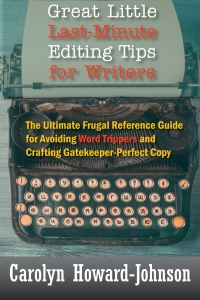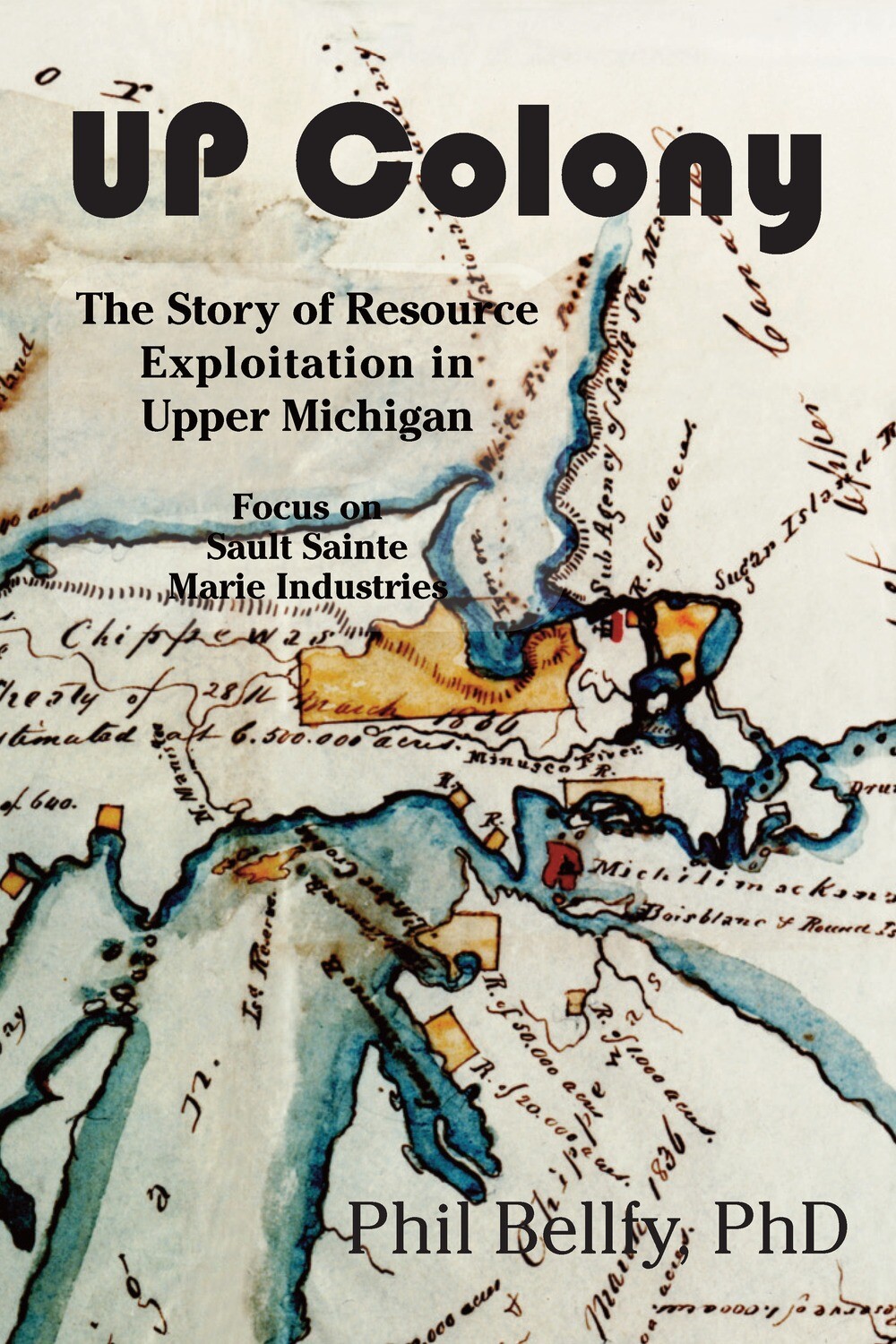Reviewed by Chelsy Scherba for Reader Views (02/2021)
 In “Great Last-Minute Editing Tips for Writers,” Carolyn Howard-Johnson provides writers with a concise reference manual to perfect their writing skills. This book is ideal for anyone looking to develop a book proposal that will bypass the pickiest editors. With an easy to digest format, this manual is a fine resource for browsing quick editing suggestions and corrections.
In “Great Last-Minute Editing Tips for Writers,” Carolyn Howard-Johnson provides writers with a concise reference manual to perfect their writing skills. This book is ideal for anyone looking to develop a book proposal that will bypass the pickiest editors. With an easy to digest format, this manual is a fine resource for browsing quick editing suggestions and corrections.
I really enjoyed the author’s lighthearted tone; it made what could have been a very boring book much more entertaining to read. The organization of this editing guide is also top-notch. It was very convenient to look up any section with the included appendix. In addition to general advice about editing, Carolyn Howard-Johnson provides her readers with a thorough understanding of the ins and outs of tricky homonyms, malapropisms, and helpful tips for getting past the “Gatekeepers” in the publishing industry. Unlike most books on editing, she also emphasizes the importance of style choice, and provides an up-to-date recommendation of reference materials to assist writers.
The examples in this book go far beyond elementary advice on when to use “there, their,” or “they’re.” The author alphabetically organizes “word trippers” in the form of a dictionary entry. For instance: “adapting/adopting” or “rite/right/write” and explains in a paragraph just how these words can be confused and what makes their meanings different. She also provides helpful example sentences to aid readers’ understanding of the definitions.
This book is not meant to be a complete dictionary of oft-confused words, but a short reference for some of the more frequent errors she catches as an editor herself. This book is written as a companion to many of the author’s other manuals, guides, and self-help books, which are provided and summarized at the end of this book for convenience.
If you’re currently writing a proposal for the next great American novel, then you shouldn’t hesitate to add “Great Last-Minute Editing Tips for Writers” to your shelf or E-book collection. This editing guide is helpful, well-organized, and simple to peruse, which makes it an ideal companion to the author’s other books, and a necessary addition to any writer’s toolbox.






